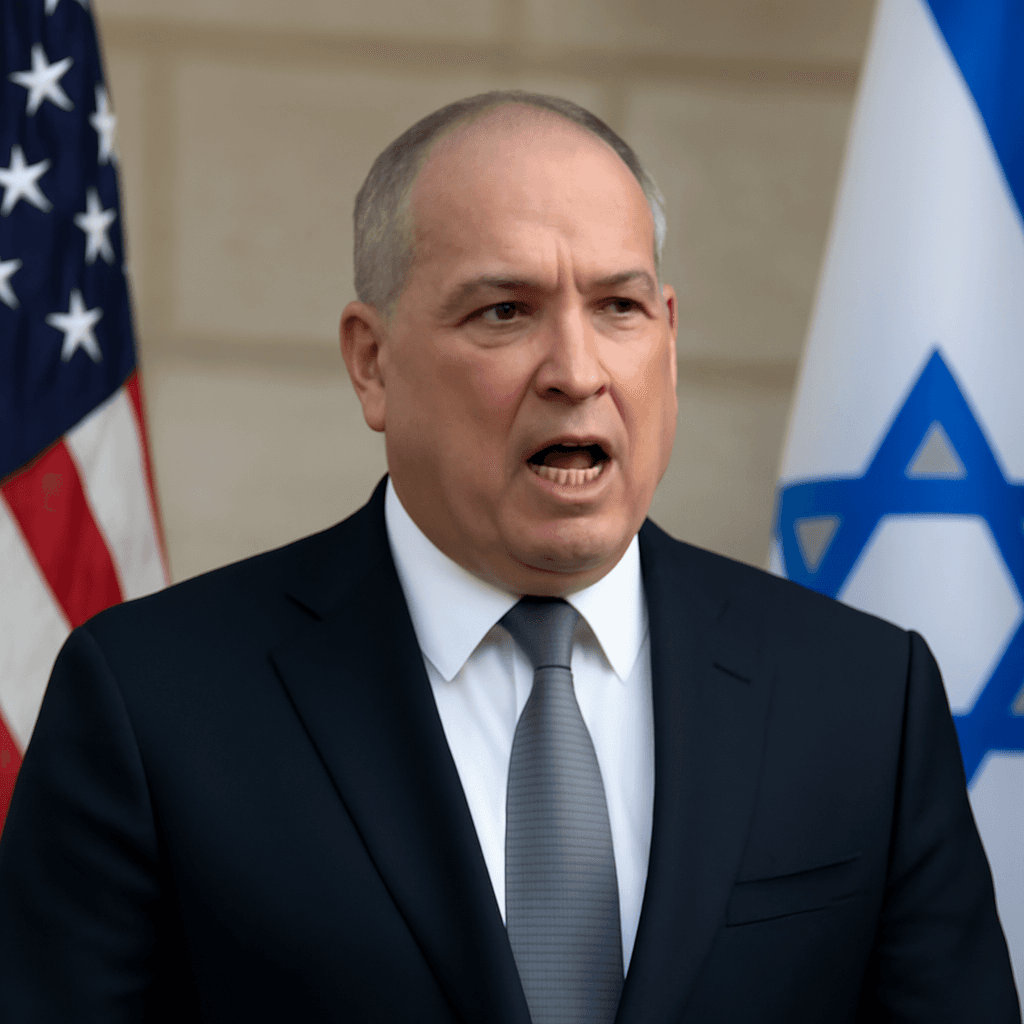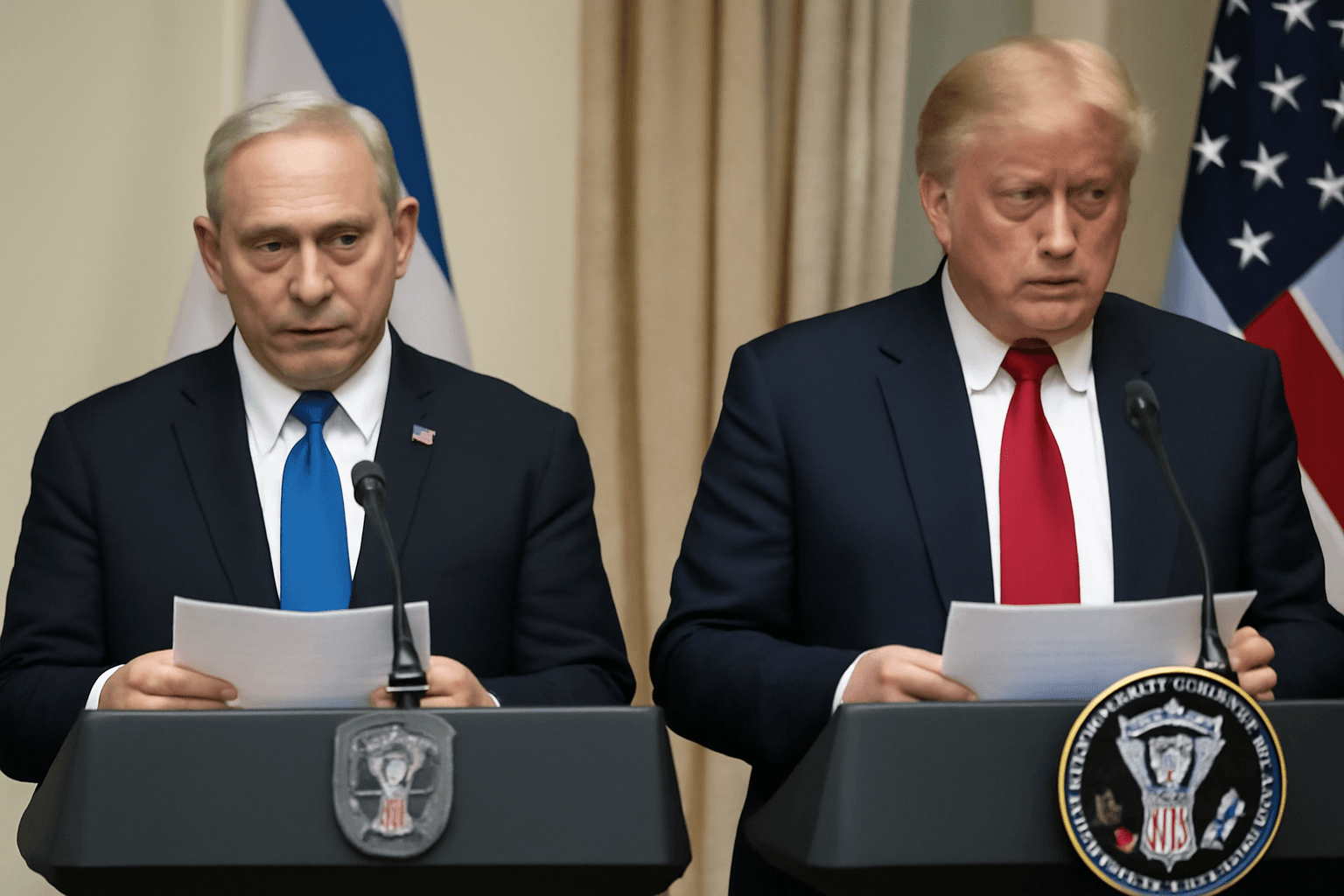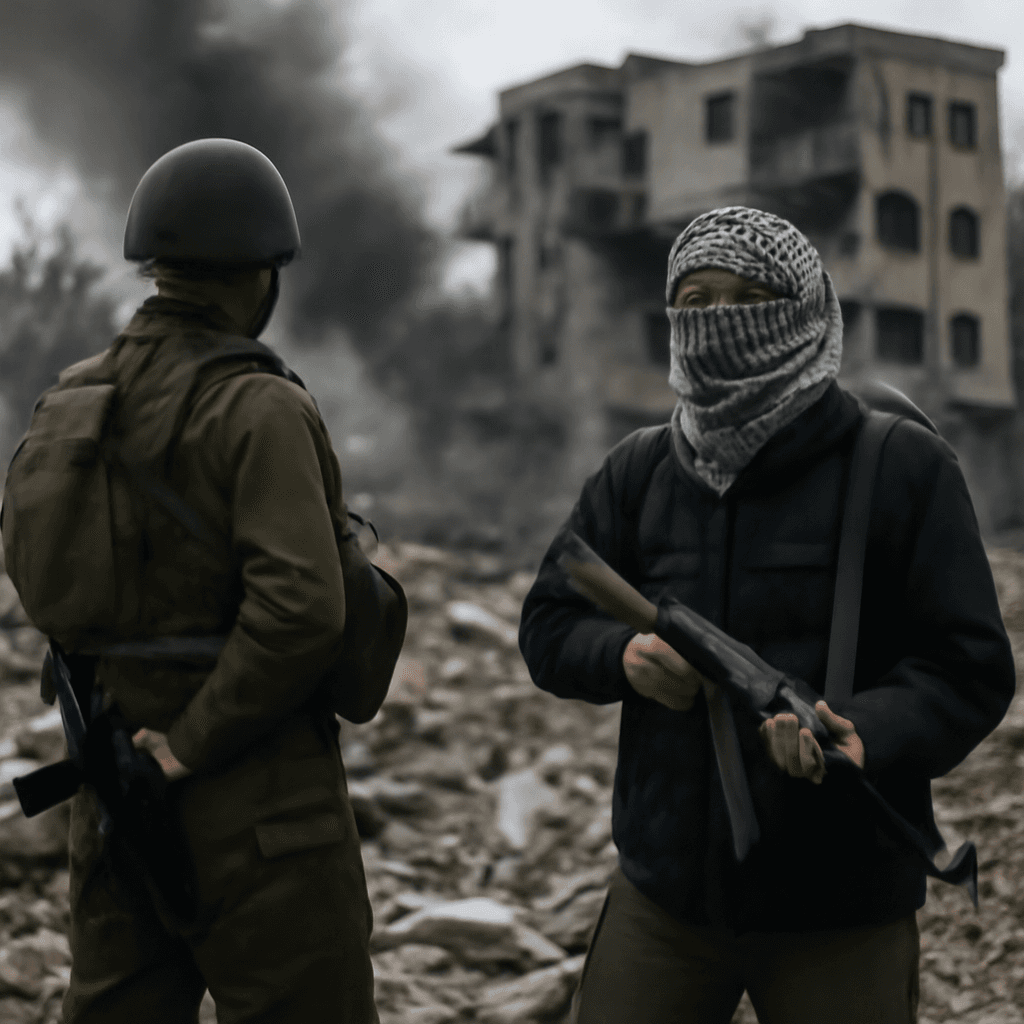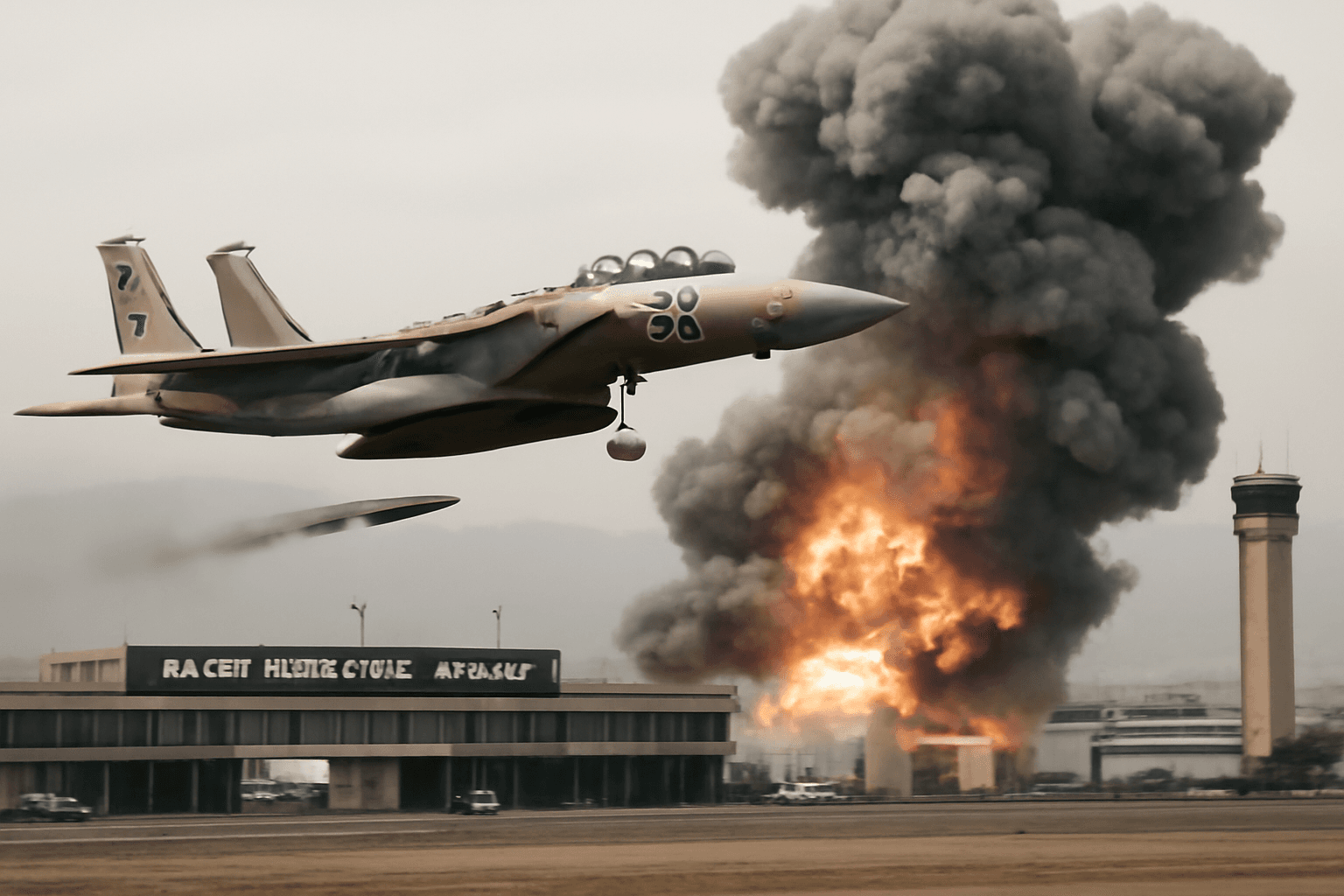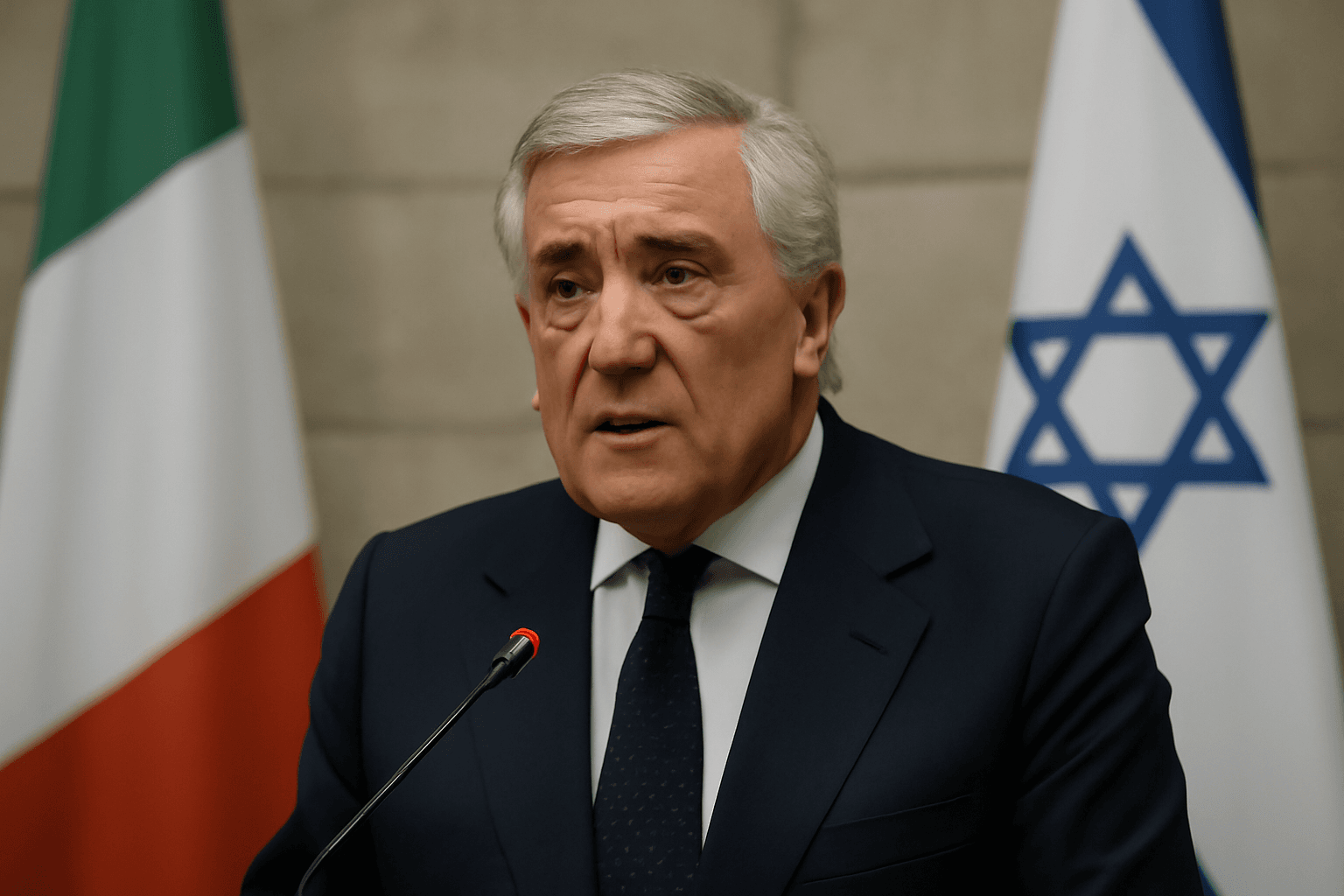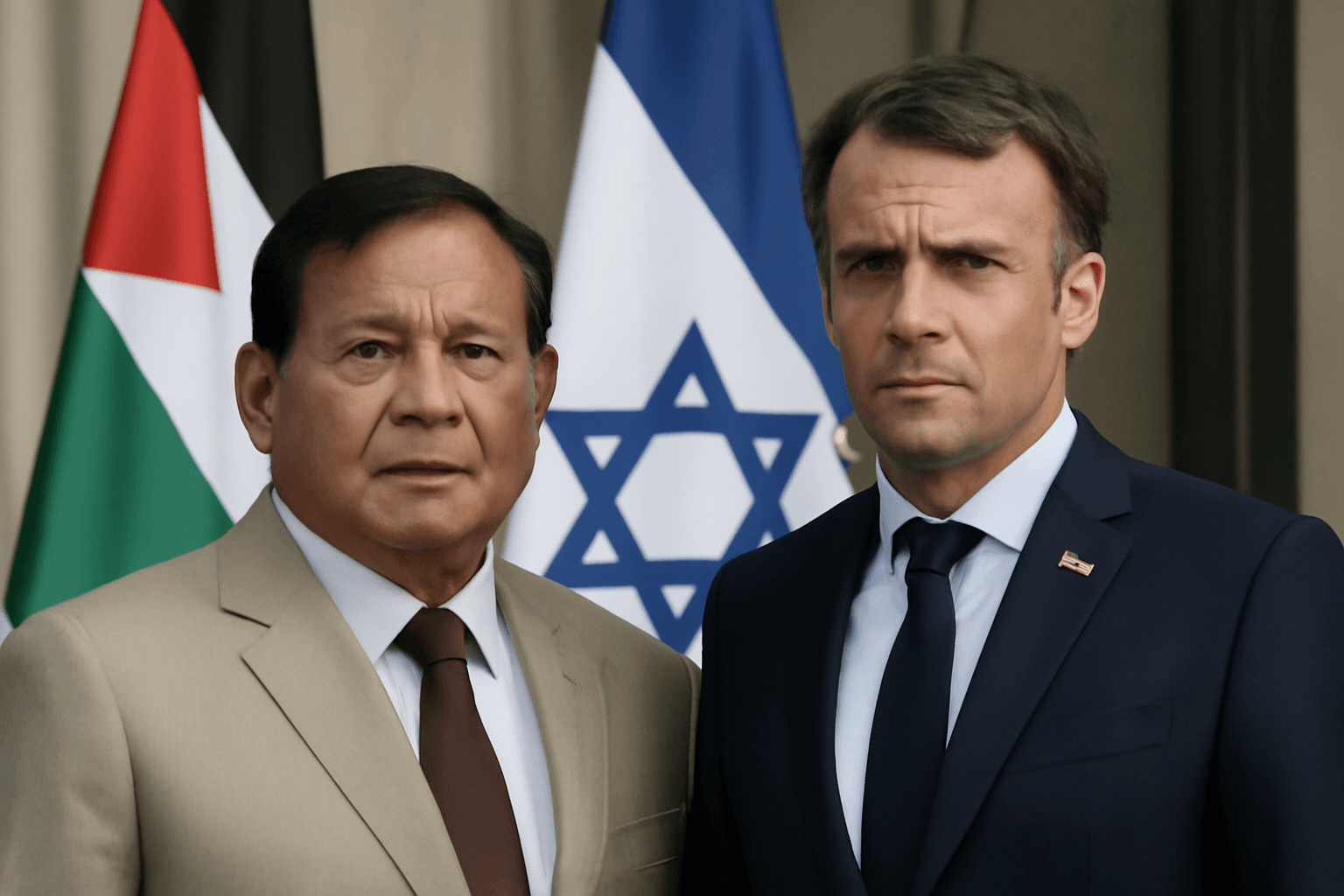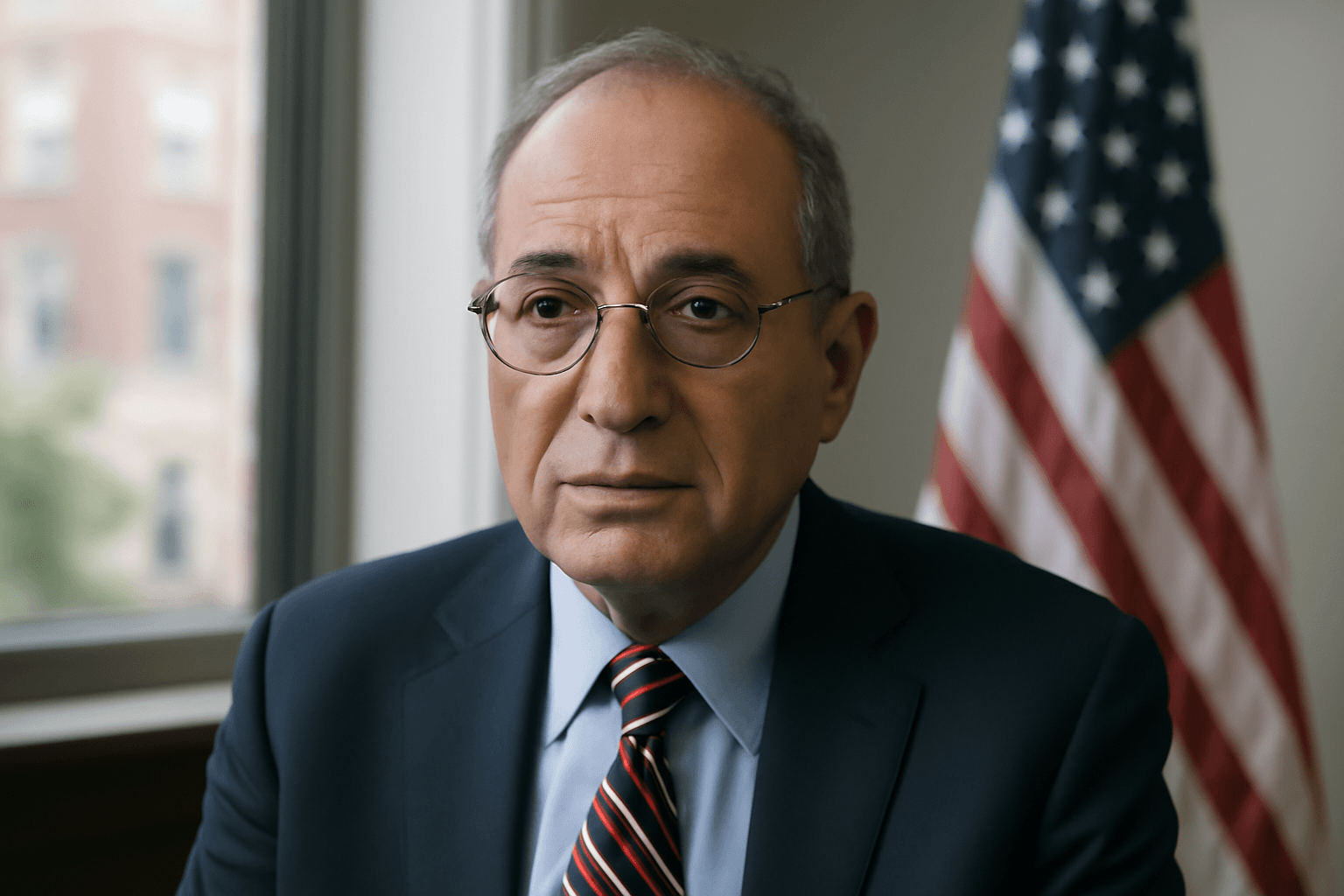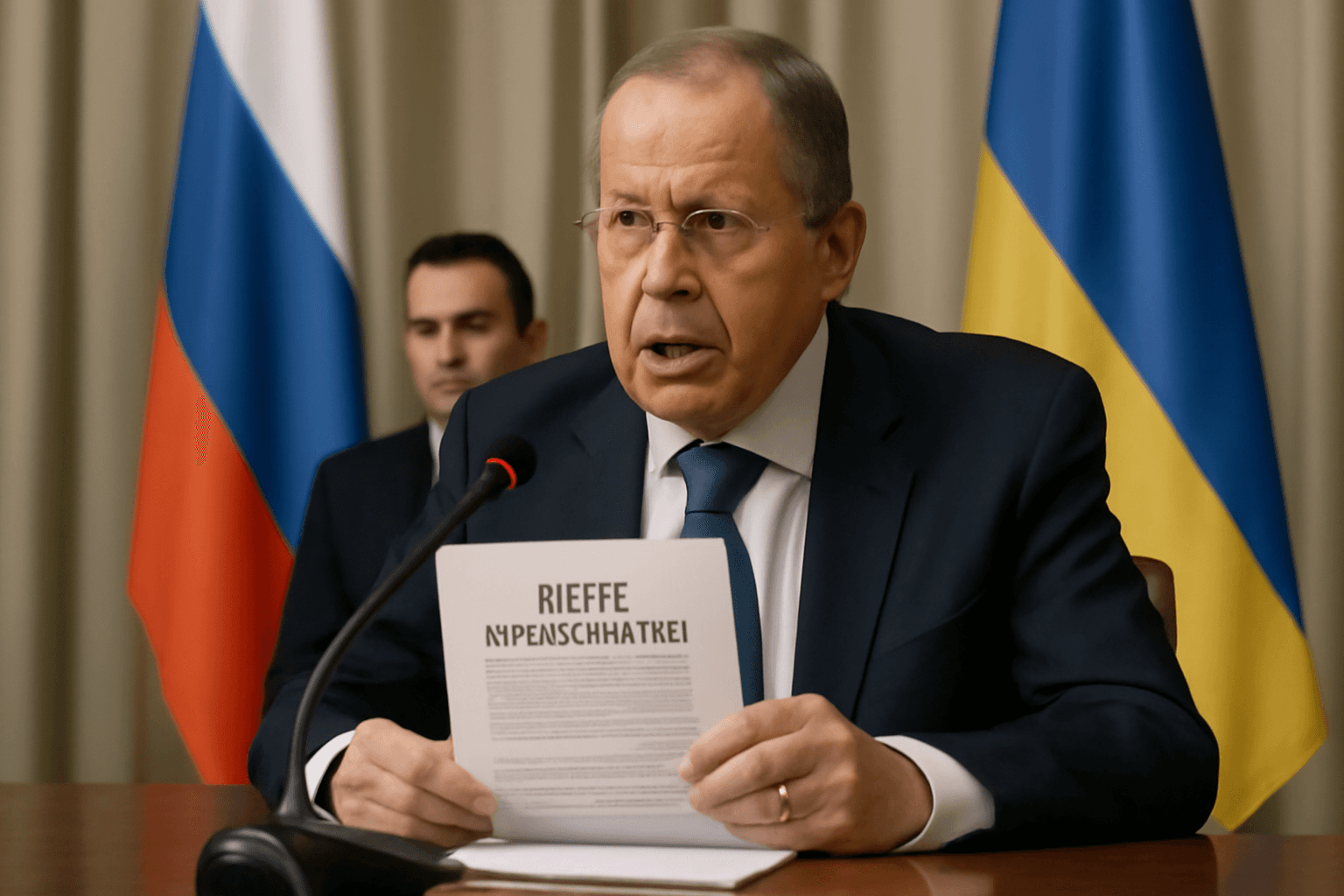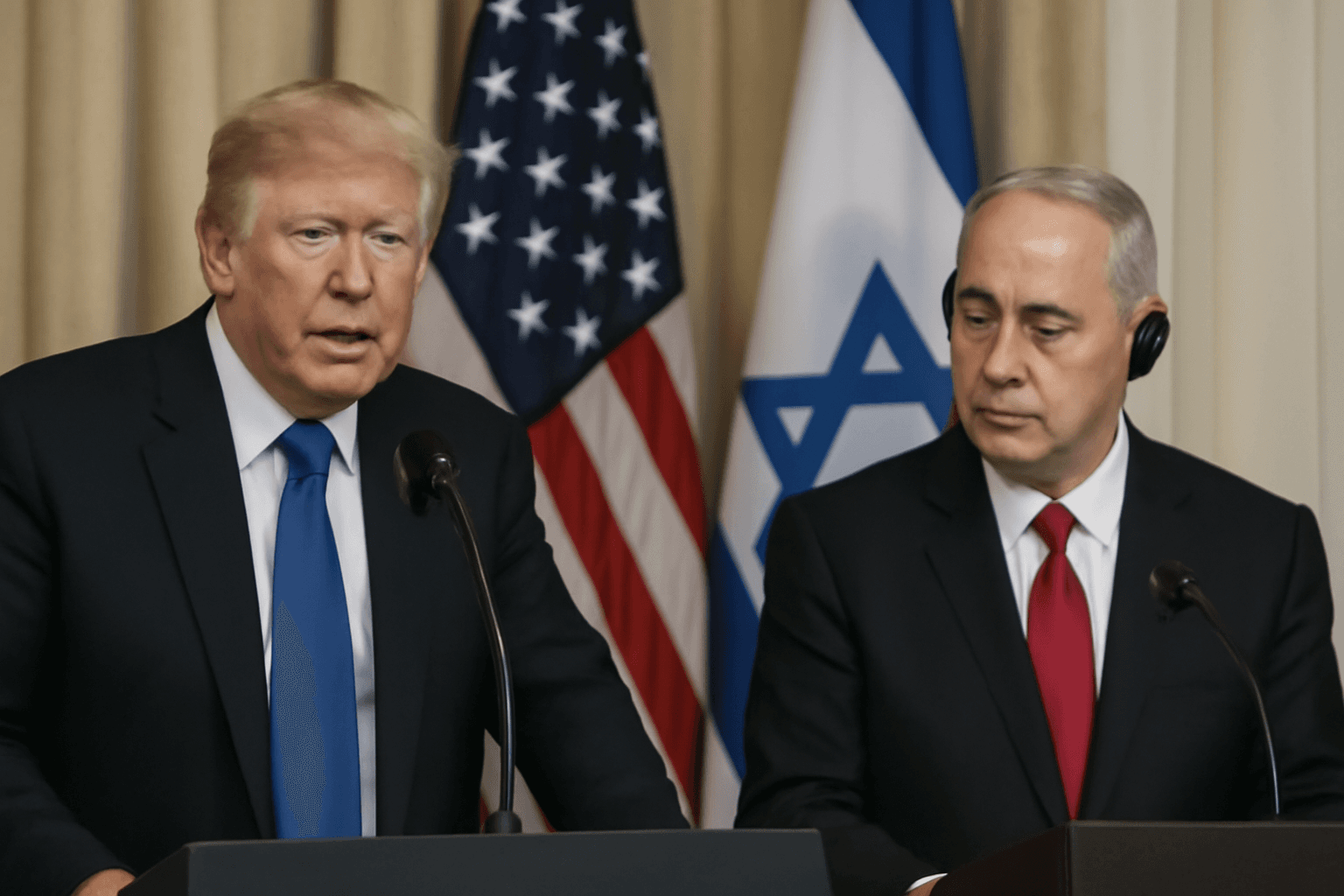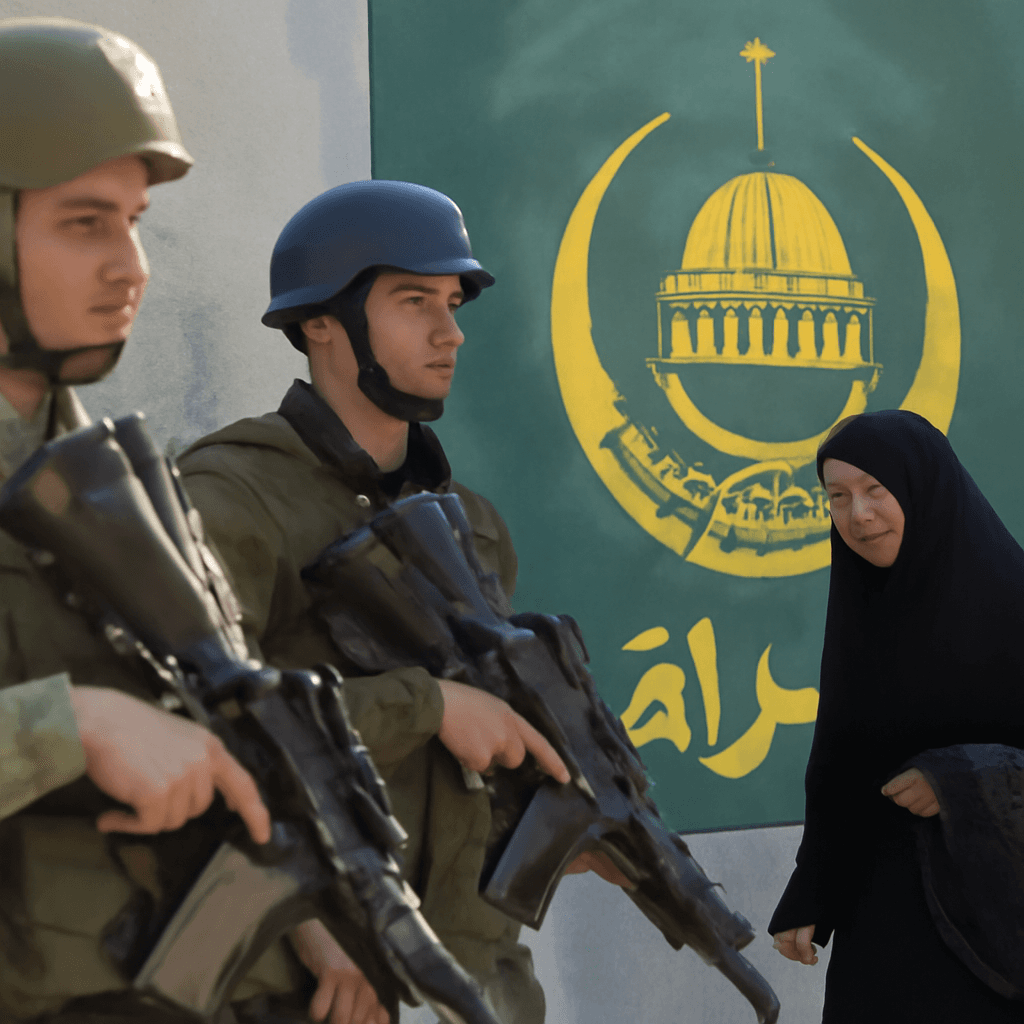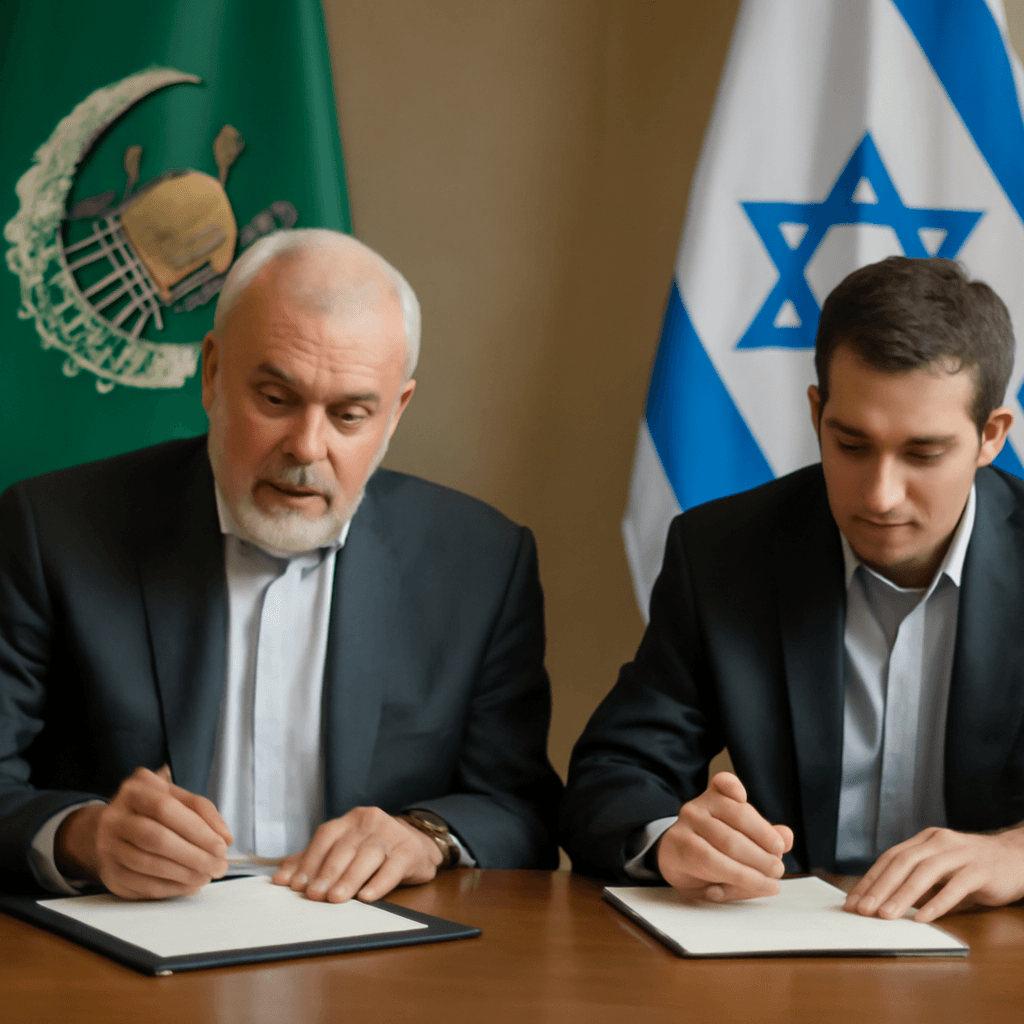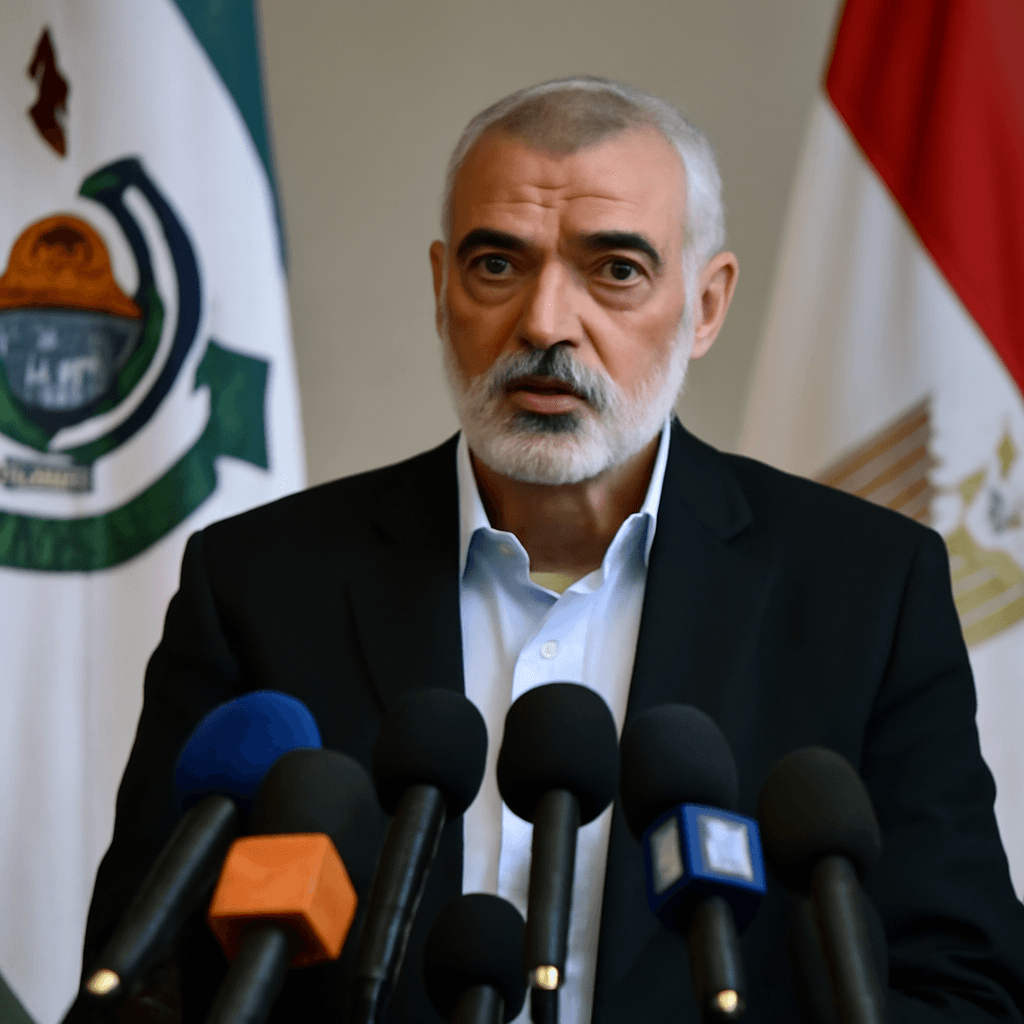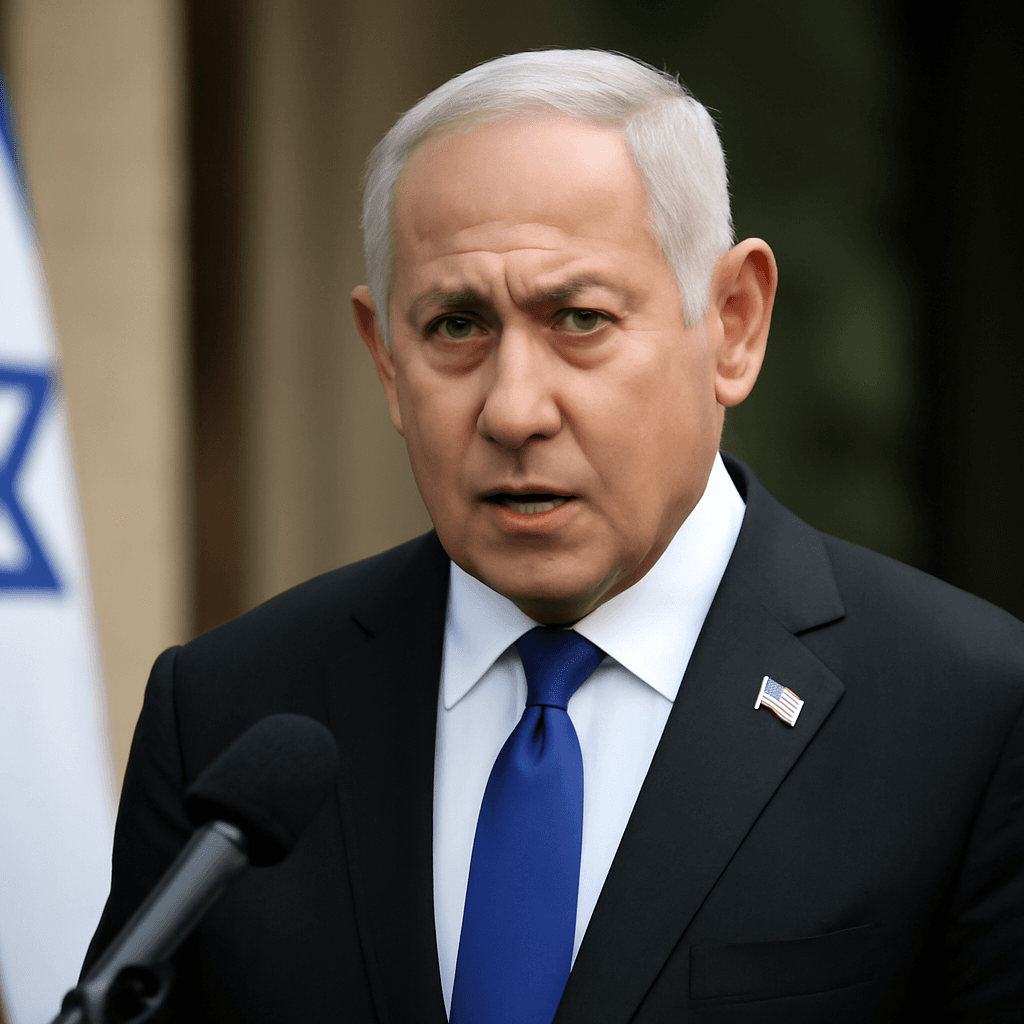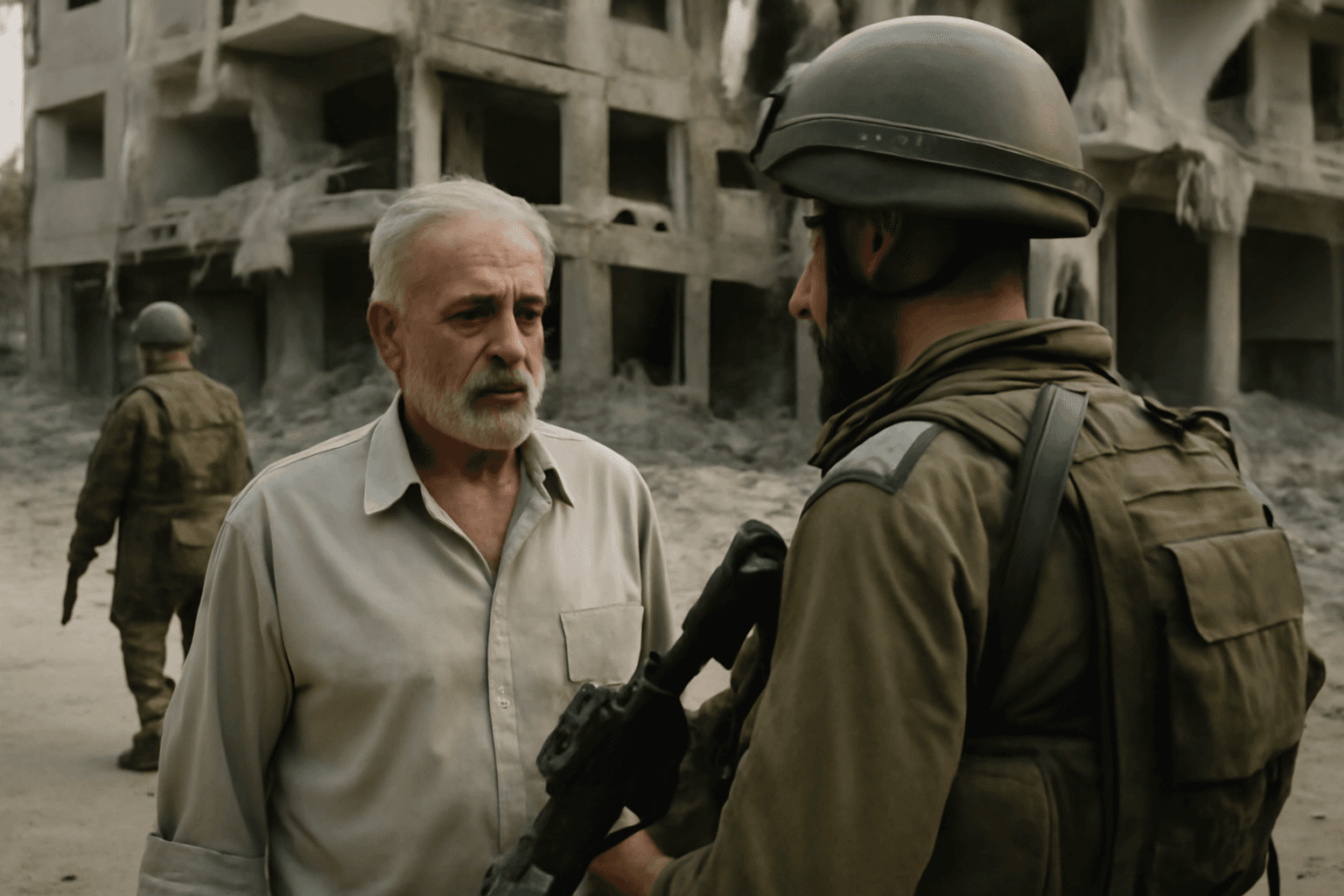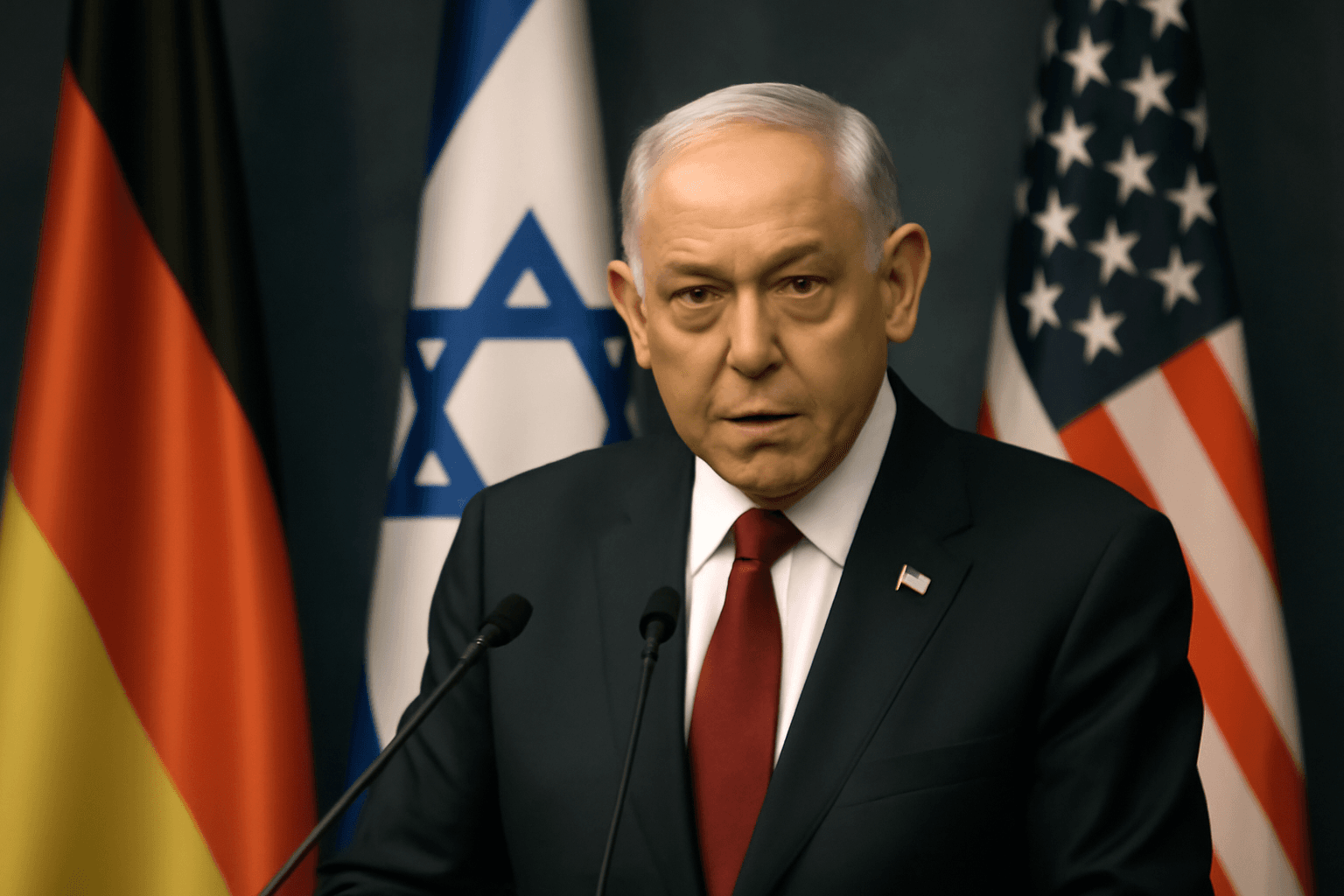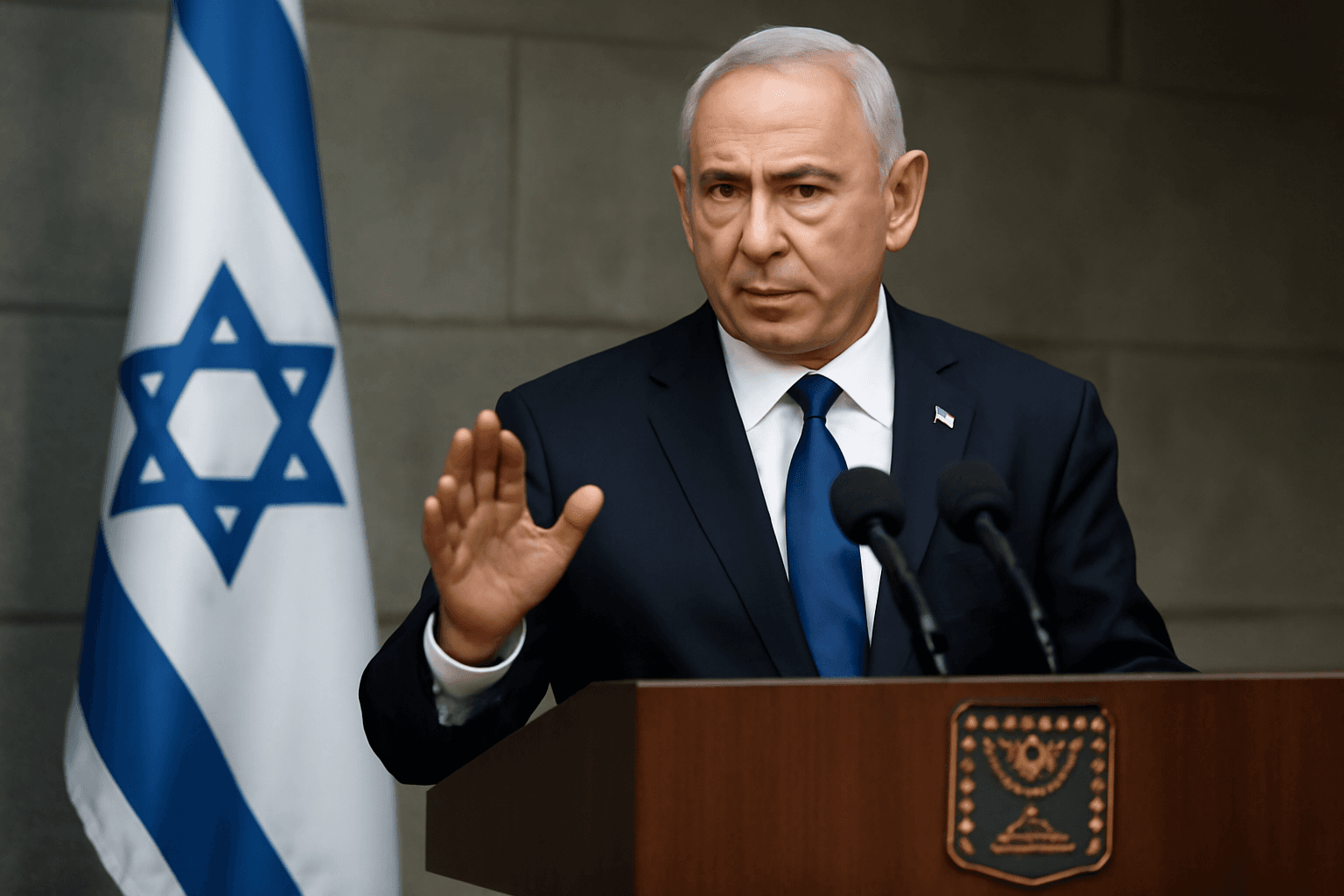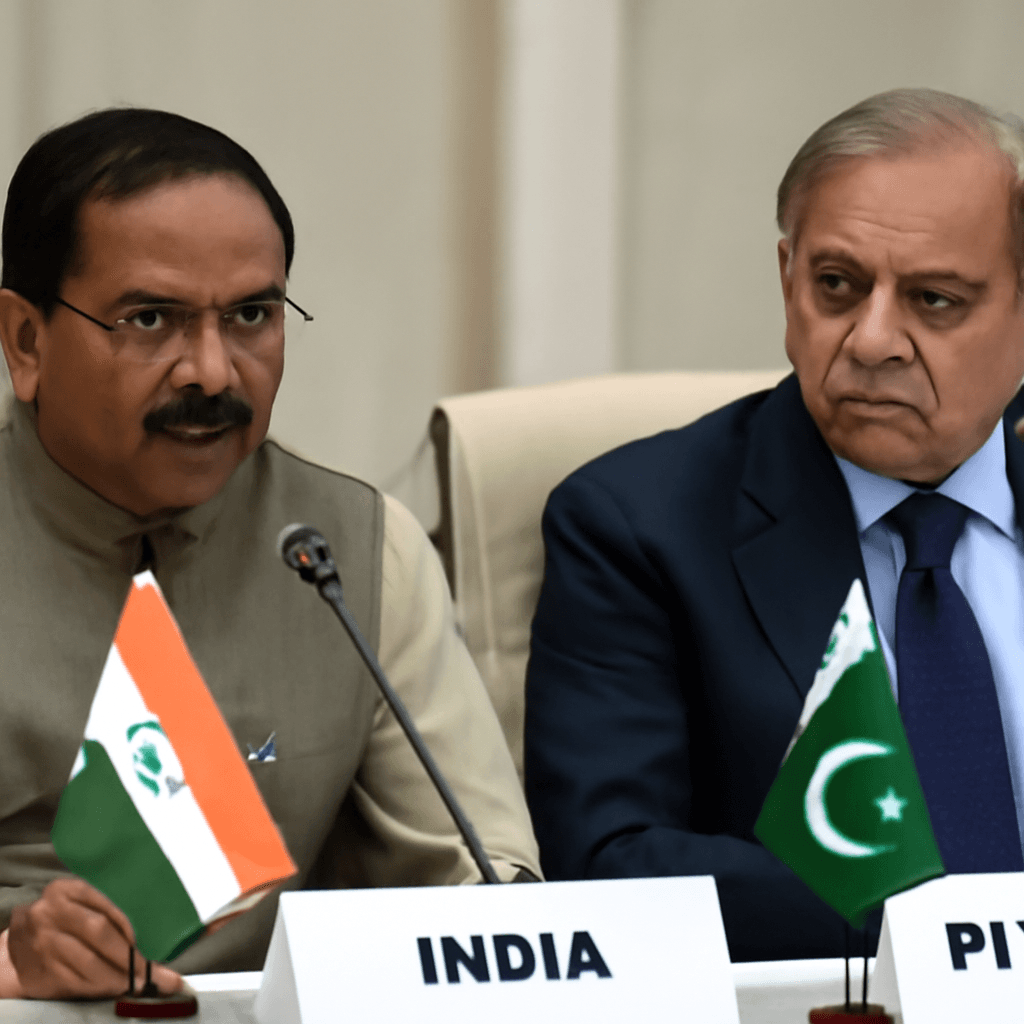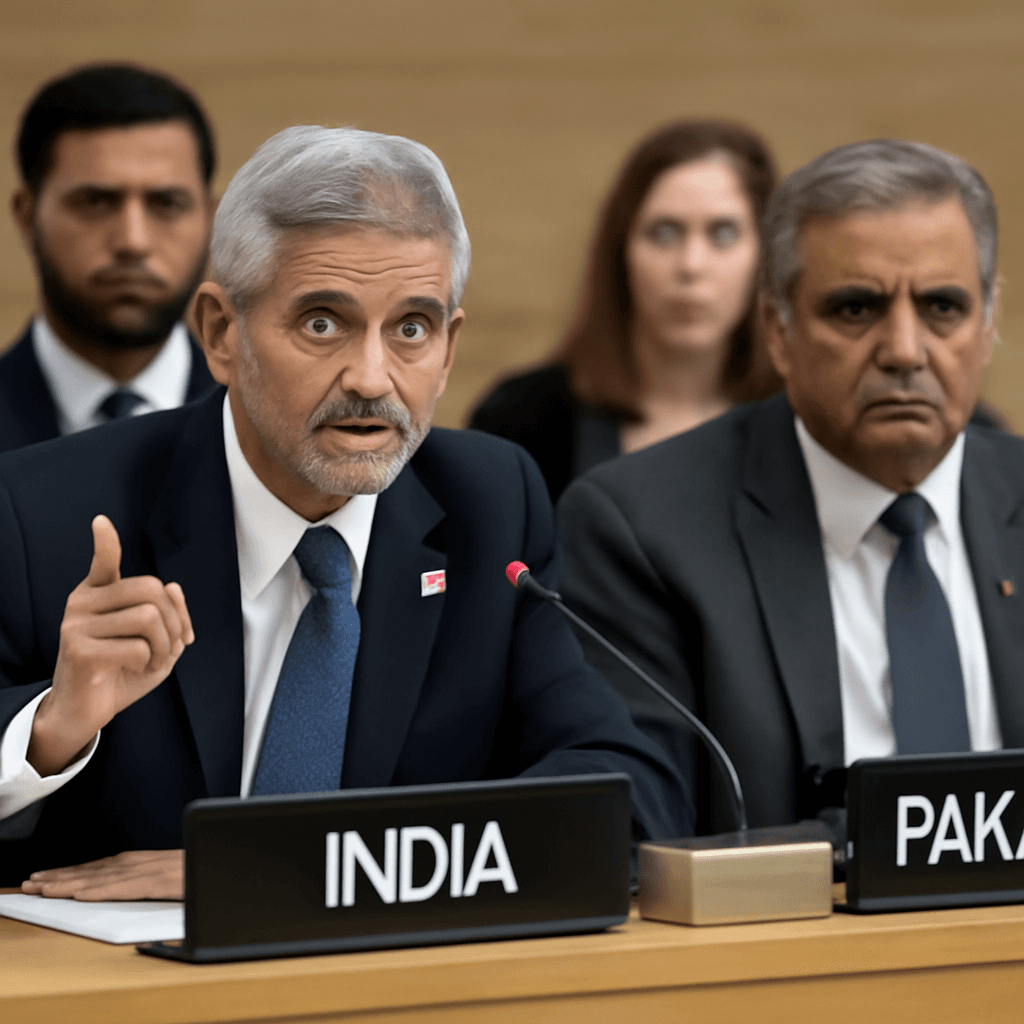US Envoy Denounces Hamas Response to Ceasefire Proposal
Steve Witkoff, the US special envoy for the Middle East, publicly criticized Hamas' response to a ceasefire proposal as "totally unacceptable," stating that it hinders progress toward peace negotiations. Witkoff emphasized the need for Hamas to accept the initial US framework to initiate proximity talks aimed at securing a 60-day ceasefire.
Details of Hamas’ Counteroffer
Hamas outlined a proposal involving the release of 10 living hostages and 18 deceased bodies in exchange for Israel releasing an unspecified number of Palestinian prisoners. This diverges from the US plan, which suggested releasing hostages in two batches during the first and seventh days of the ceasefire period. Hamas’ revised offer stretches the hostage releases throughout the entire truce and demands a permanent end to the conflict, a condition Israel has consistently rejected.
Israeli Response and Ongoing Stalemate
Israel has publicly accepted the adjusted outline proposed by Witkoff but criticized Hamas for refusing to comply. The Israeli prime minister’s office stated that despite Israel's agreement to the proposal, Hamas continues to resist, reinforcing Israel’s commitment to retrieving hostages and defeating Hamas.
Implications for Future Negotiations
Witkoff highlighted that the US-backed proposal was designed to facilitate substantive, good-faith negotiations to achieve a permanent ceasefire. However, Hamas’ insistence on immediate permanent cessation of conflict and a staggered hostage release complicates the possibility of concluding an agreement, potentially prolonging hostilities.
Key Points Summary:
- US envoy calls Hamas response “totally unacceptable.”
- Hamas proposes staggered hostage release over 60 days with permanent war cessation.
- Israel agrees to US envoy’s revised framework but condemns Hamas’ refusal.
- Disparate demands threaten advancement of ceasefire talks.
The ongoing negotiation impasse emphasizes the complexities surrounding hostage exchanges and permanent conflict resolution in the region.

